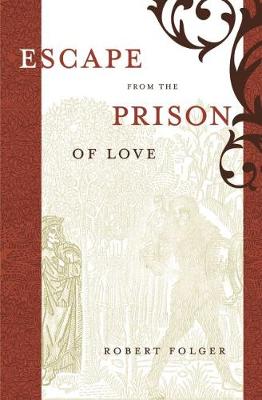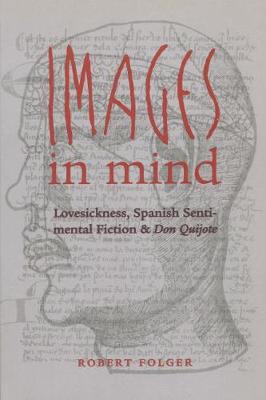North Carolina Studies in the Romance Languages and Literatures
2 total works
This title is about transforming medieval sentimental romance. ""Escape from the Prison of Love"" is an exploration of medieval modes of subject constitution and their transformation in fifteenth-century Spanish sentimental romance, with a particular focus on Diego de San Pedro's ""Carcel de amor"". Drawing on premodern psychological models, Robert Folger argues that courtly self-fashioning through amatory performance provided an alternative and threat to the medieval gradual build-up of the self through hexis and habitus. In the light of the unsettling gender implications for the courtly lover, says Folger, the authors of sentimental fiction explored new ways of subject constitution based not on passionate attachment but on identification. ""Carcel de amor"" shows how new forms of writing and reading techniques and authorship provided an avenue for a new notion of interiority that was essential to the Golden Age of Spanish literature.
Fifteenth-century Spanish sentimental fiction can be described as a palimpsest, a dense web of entangled, faded readings and a challenge to the reader. While the parameters of writing sentimental fiction and its textuality have been explored with great success, its readers and how they approached these works have been largely neglected. Based on a reconstruction of the medical notion of love-as-sickness (amor heroes), premodern reading habits and interpretive strategies, this book approaches canonical works of sentimental romance from the perspective of a medical-sensitive reader. An analysis of ""Don Quijote"" silhouetted against the subtext of sentimental romance reveals how faculty psychology and lovesickness resonate in Golden Age literature.

